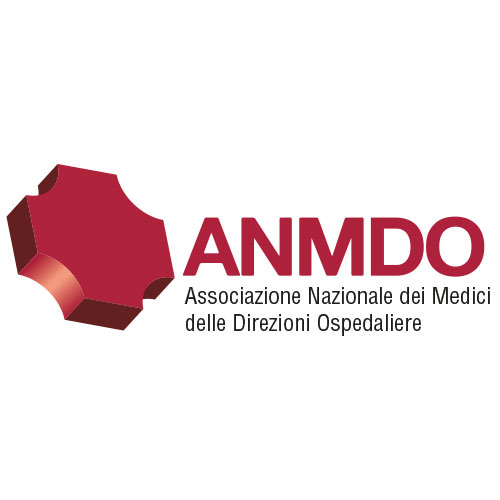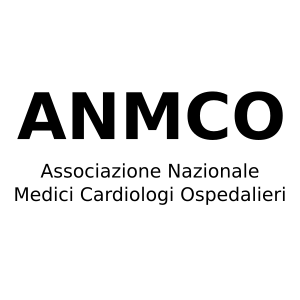
by cristiano | Oct 17, 2018
Perioperative Antibiotic Prophylaxis (PAP) is an effective measure for the prevention of Surgical Site Infections (SSI), where indicated. However, its inappropriate use contributes significantly to total antibiotic consumption in hospitals and has been associated with...

by cristiano | Oct 17, 2018
Perioperative Antibiotic Prophylaxis (PAP) is an effective measure for the prevention of Surgical Site Infections (SSI), where indicated. However, its inappropriate use contributes significantly to total antibiotic consumption in hospitals and has been associated with...

by cristiano | Oct 17, 2018
It is not appropriate to use stress testing to diagnose obstructive coronary artery disease as a first-line test, as it has extremely limited diagnostic power in recognizing or excluding significant coronary artery disease. Stress testing may be considered for the...

by cristiano | Oct 17, 2018
Proper hand hygiene reduces the skin microbial population, representing the basic measure to ensure hand decontamination. In healthcare settings, non-sterile disposable gloves – or “gloves” – do not replace hand hygiene, as they have different...

by cristiano | Oct 17, 2018
Coronary angiography may be considered in patients with heart failure with reduced ejection fraction with an intermediate-high pre-test probability of coronary artery disease, in the presence of inducible ischemia, and in the presence of coronary anatomy favorable to...








Recent Comments